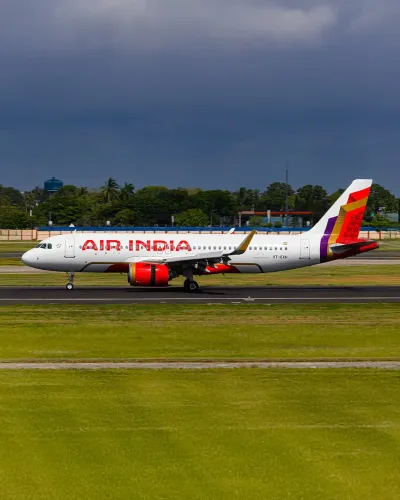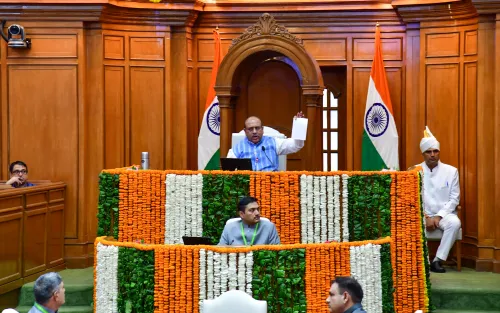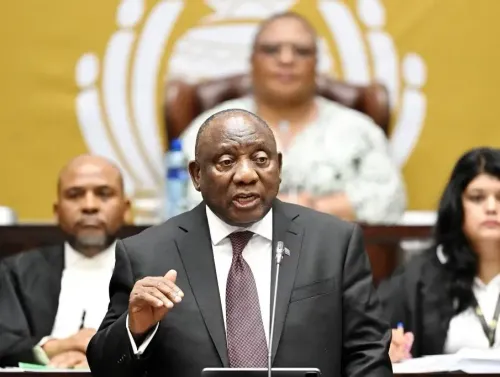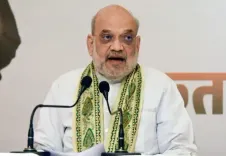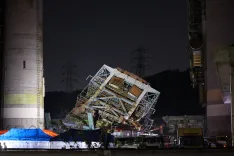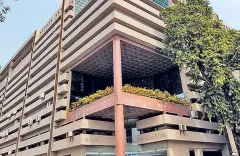Did Calcutta HC Just Direct Police to Identify Protesters Making Derogatory Remarks About a Judge?
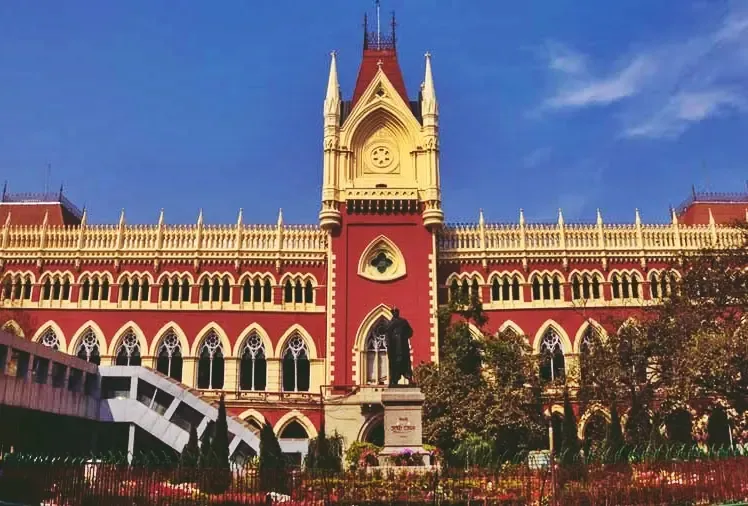
Synopsis
Key Takeaways
- Calcutta High Court emphasizes judicial respect.
- Kolkata Police directed to investigate derogatory remarks.
- Protests against Bikas Ranjan Bhattacharya raised concerns about judicial integrity.
- Legal actions may follow for disrespectful behavior.
- Importance of lawful protest behavior highlighted.
Kolkata, April 28 (NationPress) The Chief Justice of the Calcutta High Court, T.S. Sivagnanam, directed the Kolkata Police on Monday to locate individuals who made derogatory remarks about Justice Biswajit Basu during protests against senior advocate and CPI(M) Rajya Sabha member Bikas Ranjan Bhattacharya.
The demonstrations occurred last week outside Bhattacharya’s office within the court premises.
During the trial concerning the school job scam, Bhattacharya presented various arguments that the protesters believe significantly influenced the final judgement. Consequently, they argued that negative court rulings led to the dismissal of numerous teaching and non-teaching staff in state-run educational institutions.
During these protests, derogatory language was directed at Justice Basu regarding his negative comments in some cases.
On the same day, members of the Calcutta High Court Bar Association alerted the High Court’s division bench, comprising Chief Justice T.S. Sivagnanam and Justice Chaitali Chattopadhyay, about these developments and submitted a petition for contempt of court.
While acknowledging the petition, Chief Justice Sivagnanam remarked that such behavior towards the judiciary and its members is utterly unacceptable. He also mentioned that individuals have the right to challenge any verdict in higher courts.
He subsequently instructed the Kolkata Police to identify those responsible for the derogatory comments made last week and requested that City Police Commissioner Manoj Kumar Verma provide a report on how the judiciary faced such attacks in the presence of law enforcement.
The petitioners in the contempt case emphasized that the violent protests outside Bhattacharya’s office created a climate of fear among advocates at the Calcutta High Court.
Orders restricting gatherings of more than a certain number were in place around the Calcutta High Court, raising questions about how police permitted such a crowd to assemble for last week’s protests. One petitioner noted, “While the demonstrations unfolded, the police present appeared to act as bystanders, failing to intervene for nearly four hours. Justice Basu faced significant defamation during those protests.”


